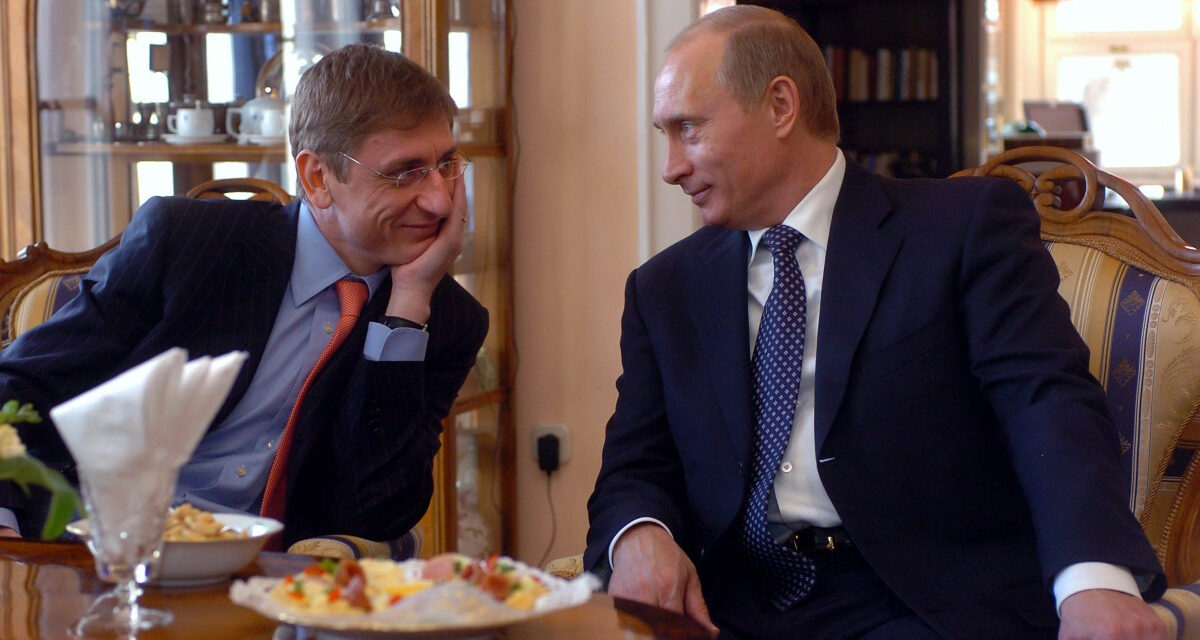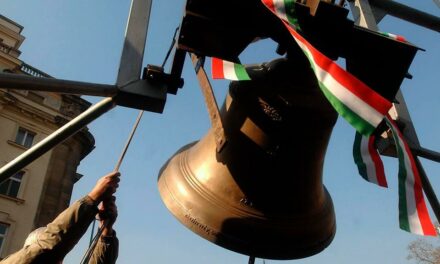"If we produced the gas, we could put a price cap on it. If we import and cap it like that, they won't give it away," pointed out Minister of Economic Development Márton Nagy.
his latest Facebook post jokes that Viktor Orbán is the wolf who, together with the fox, beats the rabbit even if he is wearing a hat and even if he is not. The president of the DK indicated that in some cases the Hungarian Prime Minister agrees with the price cap, i.e. the price set by the state - for example, for chicken legs - but not for Russian gas. The latter is of course an EU proposal and would apply to the whole of Europe. And he declares that Orbán is not cunning like a fox, but a deceitful liar like a wolf in a joke.
The EU imports eighty percent of its gas
The little educational story could even be witty if it did not start from a wrong basic assumption. A specific government can introduce a price cap for certain products in its country, since those goods were basically produced there. And although it is not considered a market-compliant step, such steps can be resorted to in exceptional cases - which we are in now. However, it makes no sense to introduce products from other countries, since if the exporter does not accept the printed price, he simply does not deliver.
Members of the government and experts have repeatedly made it clear that the two types, i.e. the gas price cap introduced by the European Commission and the domestic price cap applied in Hungary, are completely different in nature and have completely different consequences. In his opinion article written at the beginning of September and published in Magyar Nemzet, Minister of Economic Development Márton Nagy said: "Limiting the price of gas at the European level - essentially maximizing the prices of the Dutch gas exchange used as a reference - is an ill-considered idea, as it could easily lead to an indirect Russian gas embargo. The EU imports eighty percent of its gas, mainly from Russia. If the price is to be capped, Russia may turn off the taps completely. Therefore, gas prices can only be fixed if the state assumes losses, otherwise there will be a deficit."
In the latest Government Information, he said
if we produced the gas, we could put a price cap on it. If we import it and cap it like that, they won't give it away".
At the same time, Chancellor Gergely Gulyás stated that "if we pay them half of the price fixed in a contract in any form, it is a breach of contract, a reason to cancel the contract, and then there will be no gas".
A special solution was created
In light of all this, it is hardly a surprise that Russian President Vladimir Putin stated at the meeting of the Eastern Economic Forum in Vladivostok a few weeks ago that there is no point in limiting the price of Russian gas for EU countries, because then they will sell it elsewhere.
At last week's EU summit, a specific solution was reached: the heads of state and government supported the dynamic price cap for the so-called next-day transactions, should extraordinary price levels arise. This would prevent the EU from imposing a price cap on futures products, so it would not affect longer-term gas procurement contracts - that is, the Hungarian-Russian agreement either - so perhaps
neither the Russians nor other suppliers stop deliveries.
By the way, Péter Szijjártó also made it clear: price cap measures cannot affect long-term contracts in any way. According to the Minister of Foreign Affairs and Trade, a joint gas procurement platform can only be set up on a voluntary basis and Hungary is not willing to participate in any kind of mandatory joint procurement. In addition to all this, he called it unimaginable that other countries would receive the natural gas stored here, bought with Hungarian taxpayers' money.
Featured image: MTI/Szilárd Koszticsák













